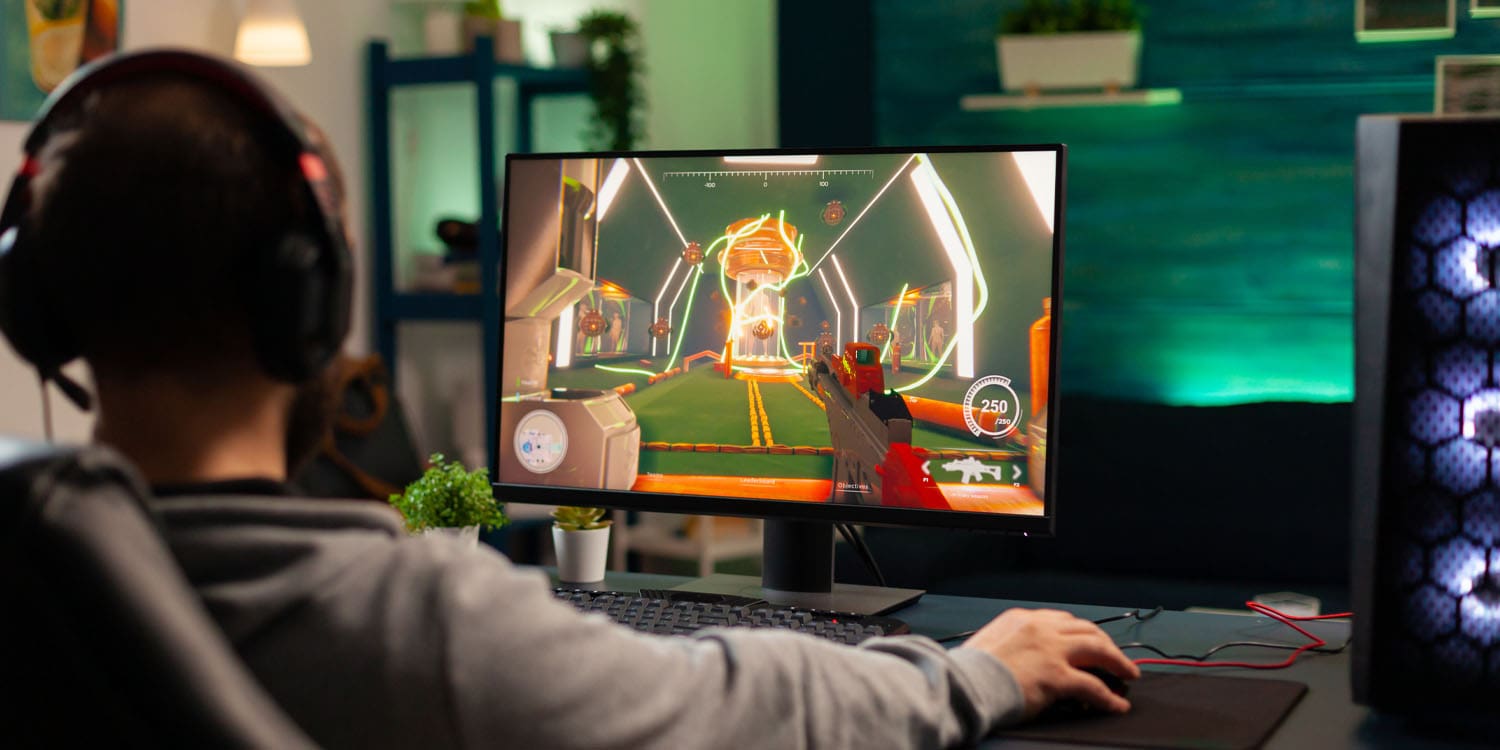Video gaming has become a global phenomenon, with over 2.46 billion players worldwide in 2022 contributing to a staggering $347 billion in revenue. A significant portion of this revenue comes from microtransactions — small in-game purchases that enhance the gaming experience. Among these, loot boxes, which offer random virtual items, have sparked considerable debate due to their similarity to gambling.
A recent study published in Scientific Reports explored whether gamers with autistic traits are more susceptible to excessive gaming and problematic gambling behaviors, and their spending patterns on loot boxes. Surprisingly, the study found that while gamers with higher levels of autistic traits may be more vulnerable to excessive gaming and problematic gambling, they actually spend less on loot boxes when their gambling symptoms are accounted for.
“Video gaming as a hobby has evolved substantially over the years, with how people access and play video games shifting along with technological advancements. Research into this increasingly popular hobby has grown in response,” said study author James D. Sauer of the University of Tasmania.
“One such change in the gaming industry includes the rise of the microtransaction monetization model. This allows games companies to accrue revenue from their product by offering additional, optional, in-game purchases. ‘Loot boxes’ are a particular type of microtransaction that has become prevalent within video games, and has received considerable attention from game users and researchers alike.”
“Loot boxes have been demonstrated to be structurally, psychologically, and legally akin to gambling,” Sauer explained. “As such, researchers have become interested in understanding if some game users may be more vulnerable to over-engagement with, or over-expenditure on these optional, virtual items.”
“Presently there is little scientific understanding about how individual differences are associated with spending on microtransaction features. Neurodevelopmental differences, such as autism and ADHD, have previously been reported to be linked to problematic engagement with video games, however, there is less research into the relationship between neurodivergence and microtransaction expenditure.”
For their study, the researchers recruited 1,178 participants through Prolific Academic, an online research platform. The participants were adults from Australia, Aotearoa (New Zealand), and the United States, ensuring a diverse but primarily Western sample. Participants were required to be at least 18 years old.
The researchers utilized several validated scales to measure different aspects of gaming behaviors, gambling symptoms, and autistic traits. The Internet Gaming Disorder Checklist (IGD), a nine-item scale, assessed problematic gaming behaviors with items like “I have lost interest in other hobbies or entertainment in order to play games” and “I feel irritable, anxious or sad when I am unable to game.”
The Problem Gambling Severity Index (PGSI), another nine-item scale, measured the severity of problematic gambling symptoms over the past year with items such as “Have you bet more than you could really afford to lose?” and “Has gambling caused you any health problems, including stress or anxiety?” The Risky Loot Box Index, a five-item scale, evaluated risky engagement with loot boxes through statements like “The thrill of opening loot boxes has encouraged me to buy more” and “I frequently play games longer than I intend to, so I can earn loot boxes.”
The Ritvo Autism and Asperger Diagnostic Scale (RAADS-14), a 14-item self-report questionnaire, screened for autistic traits in adults with items like “It is difficult for me to understand how other people are feeling when we are talking.” Participants also reported their spending on loot boxes and non-randomized microtransactions in the past month. The data was converted to U.S. dollars for consistency.
The researchers found strong positive correlations between problematic gaming behaviors, problematic gambling symptoms, risky loot box engagement, and spending on both loot boxes and non-randomized microtransactions. This indicates that individuals who exhibit more problematic gaming and gambling behaviors are also more likely to spend money on these in-game features. These findings align with previous research demonstrating that those with higher levels of problematic behaviors tend to spend more on microtransactions.
Interestingly, the study found that participants with higher levels of autistic traits reported higher levels of problematic gaming behaviors, problematic gambling symptoms, and risky loot box engagement. However, the strength of these associations was generally weak.
Contrary to the researchers’ initial predictions, there was no evidence that individuals with higher levels of autistic traits spent more on loot boxes or non-randomized microtransactions. In fact, when gambling symptoms were statistically controlled for, higher levels of autistic traits were associated with lower spending on loot boxes. “Thus, characteristics and experiences of autism may be slightly protective of overspending on loot boxes,” Sauer told PsyPost.
Moderation analyses further supported these findings. Autistic traits did not significantly influence the relationship between problematic gaming and gambling behaviors and spending on microtransactions. However, a consistent pattern emerged showing that higher levels of autistic traits were associated with reduced spending on loot boxes.
This nuanced result highlights that while individuals with autistic traits may be more vulnerable to problematic behaviors, they might also be more cautious or deliberate in their spending decisions, particularly concerning loot boxes.
“Previous research has consistently found that higher levels of problematic gaming and problematic gambling is associated with higher levels of loot box expenditure, and as such, it was surprising to us that our data showed that gamers higher in autistic characteristics and experiences, who we found to be higher in problematic gaming and gambling symptomatology, are not also reporting higher loot box expenditure,” Sauer remarked. “That’s what’s great about research, it’s not about what you believe, it’s about what the empirical evidence shows!”
However, it is important to note that the study did not screen for clinically diagnosed autism, meaning the sample included individuals with varying levels of autistic traits but not necessarily those with a formal diagnosis. This could affect the applicability of the results to clinically diagnosed populations.
Furthermore, the study’s cross-sectional design prevents causal conclusions. While the data indicate a relationship between autistic traits and gaming behaviors, it is unclear whether these traits cause changes in gaming behavior or if other unmeasured variables are at play. Longitudinal studies are needed to better understand these relationships over time.
“We do not know whether experiencing higher levels of autistic traits causes game users to engage with video games in a problematic way, or to spend less on loot boxes or if some unmeasured variable is causing this relationship,” Sauer explained. “We can say that our data indicates a relationship between these factors, but that this is not the complete picture. Further research is required to better understand the relationship between neurodivergence and video gaming behaviors.”
“Ultimately, we want to better understand how microtransaction models, and particularly those with gambling-like features, affect those who play video games. The more science can help us understand, hopefully the more game consumers can know about the products they engage with, and make more informed decisions for themselves and their children.”
The study, “The associations between autistic characteristics and microtransaction spending,” was authored by Tegan Charnock, Aaron Drummond, Lauren C. Hall, and James D. Sauer.




